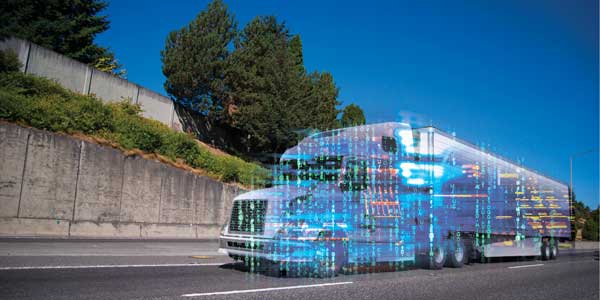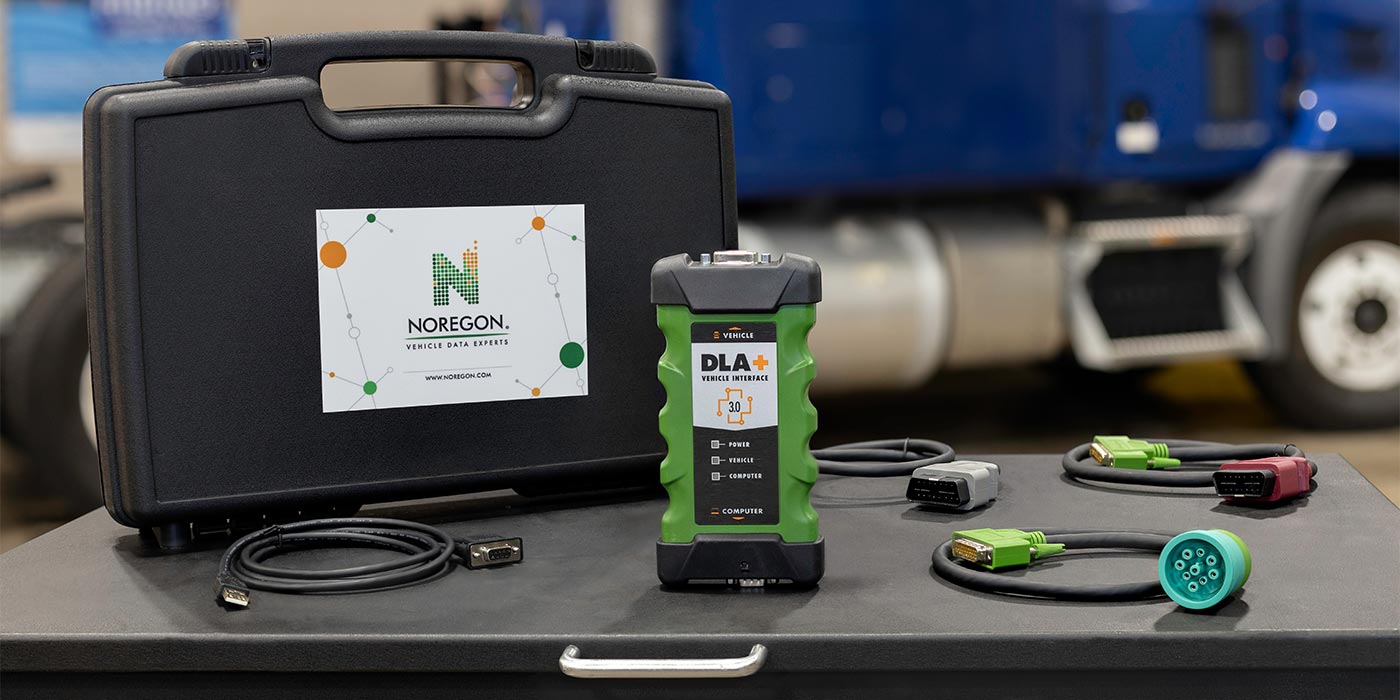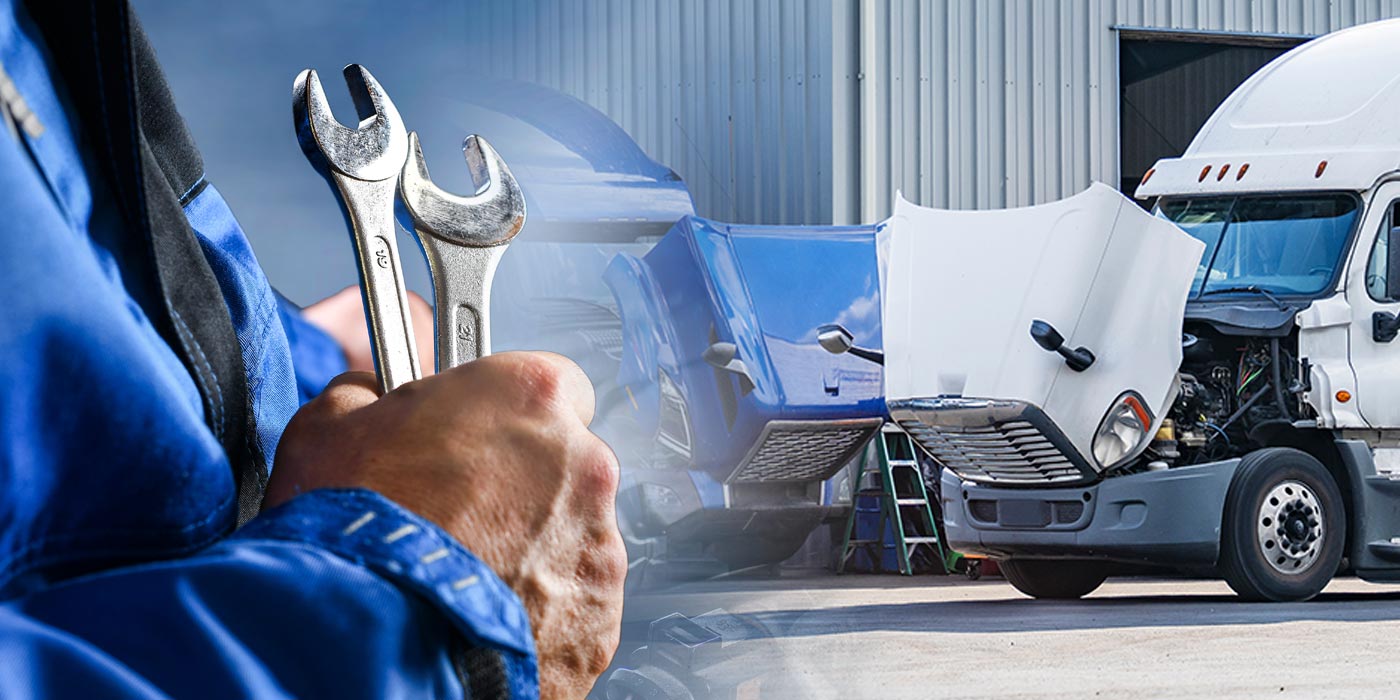Language is a funny thing. Words provide the ability for us to communicate our thoughts and desires. And while our words make it possible for us to work together and get more accomplished than we ever could as individuals, language also carries the potential to bring confusion and distrust.
Technicians sometimes form their own unique “languages” to communicate with each other and get the work done efficiently. Yet, the technical language that technicians and manufactures use to communicate often brings confusion through different words being used to describe the same thing.
About 1,600 years ago, a Greek guy named Aristotle penned a work called “Categories.” In that work, Aristotle shared his thoughts about the relationships between things and the words used to create those relationships. He noted how one single word can describe different things, as well as how a thing may be called by different names (words). Aristotle showed the complexity of language but also defined the necessity of that complexity so that thoughts can be compartmentalized into a context.
How does this apply to a technician working on a truck?
Consider this example: If a technician asks the driver to “turn the wheel,” the driver will most likely understand the request as a desire for the steering wheel to be turned to the right or left. However, even though the request was to turn the wheel, the context may be to turn the front wheel and tire assemblies to the right or left. Thus, the term “wheel” is valid for both the steering wheel and the front wheel and tire assemblies. The context of a word is critical to our understanding of the word’s meaning. A radiator can be a means of heating a room or cooling a truck engine; same word, different context.
So why does any of this language discussion matter to the technician in the shop? There are a couple of reasons why understanding the variations in language terms and context is important for the technician.
First, techs in the same shop will form a set of terms used for items and tasks regularly encountered. While such language serves the shop well, it is isolated and folks outside the shop may not have a clue as to the meaning of the terms and phrases. Consequently, a new “private” (you might even say secret) language will emerge between the technicians and the service consultants, parts counterpeople and others involved with the service work at the shop. In addition, there is often a vast difference in language used by drivers to describe components, systems and problems encountered with the truck. To be equipped to properly service and repair trucks, the technician needs to be able to grasp and interpret all the different ways language is used to convey information about the truck.
Second, technical service information frequently uses the terms and contexts established by the vehicle manufacturer. Even basic terms can be problematic. For instance, is it a “tappet” or “lifter” that serves as part of the engine valve train? Then there is “compressor” — a valid term for an air compressor or an air conditioning compressor. Yet, without the context of what system compressor is the subject of the term, we really cannot accurately understand, leaving a lot of room for error.
Aristotle was on to something.
When it comes to searching in electronic service information, single terms can return an overload of information since the computer software has the same problem determining context as we do. TruckSeries truck repair information software from Mitchell 1 has a complex taxonomy algorithm built in to help standardize terms across OEMs and deliver more targeted, accurate results. However, it is always good to be specific and add additional terms when doing a search; it helps the system more accurately identify and return the desired information.
Additional tips for repair and maintenance of Class 4-8 trucks may be found in the Mitchell 1 ShopConnection Truck blog.













